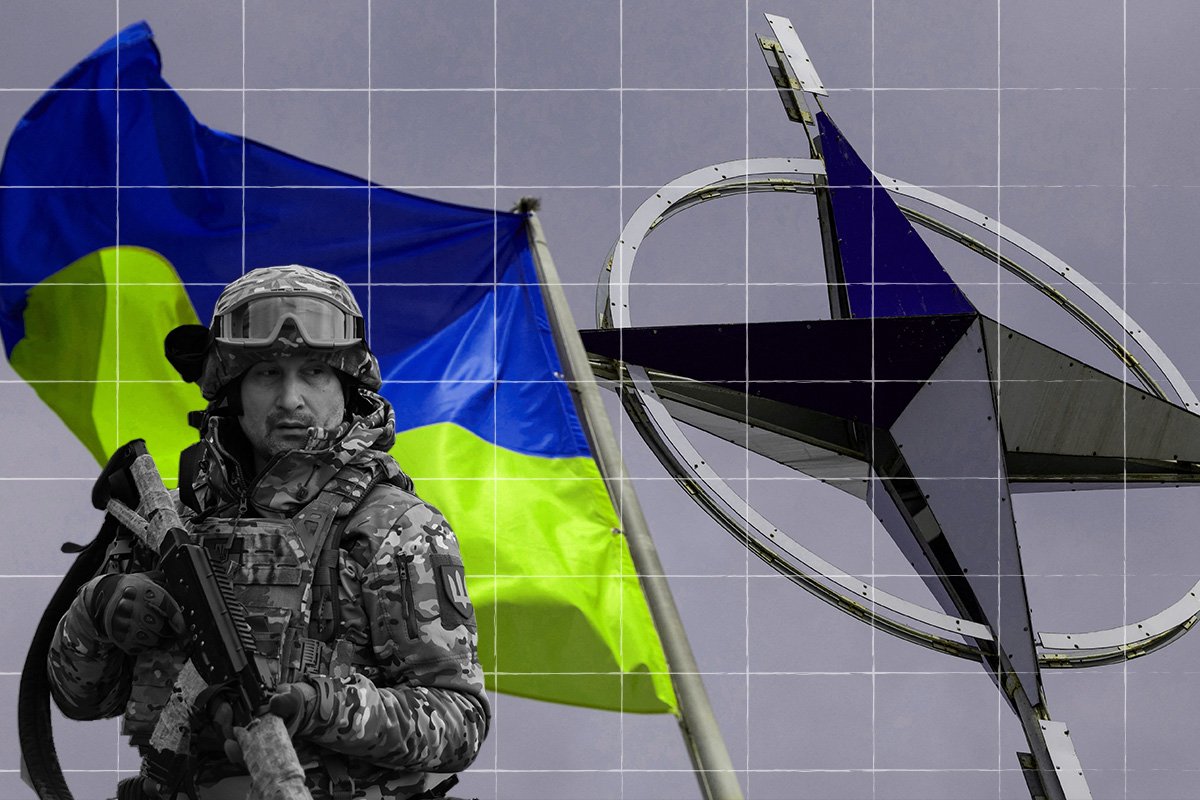Germany is embarking on a dramatic rearmament drive, investing billions of euros into cutting-edge military technologies like AI-powered robots, surveillance cockroaches, and drone warfare systems, as it positions itself at the forefront of European defense.
According to recent reports, the country is preparing to boost its defense budget to €153 billion ($180 billion) by 2029, more than doubling from its current allocation of €86 billion in 2025. The move was announced by Chancellor Friedrich Merz, who pledged that Germany would commit 3.5% of its GDP to defense under a newly proposed NATO security framework.
“Germany must now take responsibility for European security,” Merz said during a Berlin Defense Forum. “We face new threats and must be ready for them.”
What sets this initiative apart is Germany’s strong focus on emerging warfare technologies. Among the most talked-about projects are biomechanical insect drones—real cockroaches fitted with microchips and sensors. These could potentially be deployed for surveillance missions in urban warfare or disaster zones. Learn more about the technology here: Roboroach concept.
Germany is also fast-tracking development of autonomous weapons systems through firms like ARX Robotics and AI analytics platforms by startups such as Helsing, both of which are gaining attention for their dual-use military AI.
These tools incorporate machine learning and real-time battlefield mapping, capable of analyzing complex combat scenarios and supporting decision-making with minimal human input.
In order to keep pace with rapidly evolving threats, the German government is cutting red tape around defense spending. Military procurement processes have been streamlined, allowing the Ministry of Defence to award contracts faster and with fewer bureaucratic delays.
Also Read; Kwala Dry Port Set to Revolutionize East African Trade
To support domestic defense manufacturing, Germany has also revised environmental and zoning regulations around military zones—an effort to strengthen infrastructure without delay.
This strategy is seen as a response to growing geopolitical instability, particularly the ongoing Russia–Ukraine conflict and concerns over cyberwarfare and disinformation campaigns originating from adversaries.
Germany’s move comes with renewed calls for military service, particularly among young people. While conscription remains suspended, officials aim to recruit 40,000 voluntary personnel per year by 2031. Public service ads and youth programs are being relaunched to shift public attitudes toward defense and national duty.
Meanwhile, critics have raised concerns over a possible arms race in Europe, questioning whether such large investments are sustainable or ethically sound. Some argue the funds might be better directed toward climate adaptation or healthcare systems, especially in the post-pandemic era.
Still, supporters of the plan say that a strong and technologically advanced German Armed Forces (Bundeswehr) is essential for the continent’s defense as traditional alliances face new threats.







